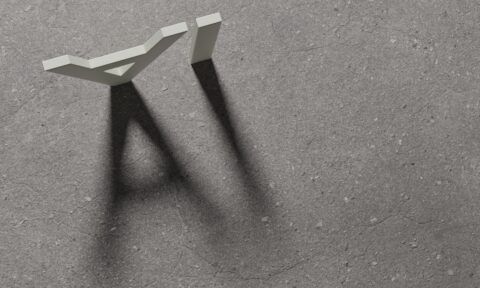Hydroelasticity for Ship and Marine Technology
- Study hydro structure interactions for ship and marine design.
- Course focuses on operational profiles and structural integrity.
- Engineers, scientists, and students in floating systems design.
- Innovative content with theory-practice balance.
- Led by expert with extensive experience in hydrodynamics.
Overview
The Online Hydroelasticity for Ship and Marine Training Course focuses on the study of hydro structure interactions in off-shore and naval applications. It covers the determination of operational profiles, deterministic hydro-structure interaction tools, and structural integrity criteria verification. The course is designed for engineers, scientists, MSc, PhD students, and personnel from ship management companies, oil companies, classification societies, and ship builders. It offers a balance of theory and practice, with lectures on environmental conditions, loads on bodies, seakeeping, structural response, use of CFD, and design methodologies. The course spans 3 days and is led by Šime Malenica, an expert in hydrodynamics.
Who should attend
Engineers, Scientists, MSc, PhD Students, Ship Management Personnel, Oil Company Personnel, Classification Society Personnel, Ship Builders.
Course Content
Study of Hydroelasticity for Ship and Marine Technology is one of the major topics relevant for the design of the floating units. In order to properly assess the structural response, different technical issues needs to be solved and combined together within the dedicated design methodology. The first very important step in the analysis is the determination of the operational profile of the unit, which means the relevant combinations of the loading and the operational conditions (speed, heading etc), with the environmental conditions (wind, waves, current, etc). Once the operational profile defined, a dedicated deterministic hydro-structure interaction tools are necessary to assess the structural response for every component of the operational profile. Finally, the structural integrity criteria are verified, by using the deterministic results within the relevant design methodology which takes into account the stochastic nature of the process. All these aspects are covered by the courses and the special accent is put on the effects of hydroelasticity, which can become important in many practical situations both at global (springing & whipping) and at the local levels (slamming, sloshing, green water etc). Compared to the quasi-static hydro-structure analysis, the hydroelastic analysis is more complex and requires the solution of the hydrodynamic and structural problems at the same time.
Who Should Attend
Location
Course Syllabus
Day 1
09:00 – 10:00 Lecture 1 Introduction & Environmental Conditions
10:00 – 10:15 Coffee break
10:15 – 11:15 Lecture 2 Loads on slender bodies
11:15 – 11:30 Coffee break
11:30 – 12:30 Lecture 3 Loads on large bodies 1
12:30 – 13:30 Lunch break
13:30 – 14:30 Lecture 4 Loads on large bodies 2
Day 2
09:00 – 10:00 Lecture 5 Seakeeping & Global Performance Analysis
10:00 – 10:15 Coffee break
10:00 – 10:15 Coffee break
10:15 – 11:15 – Lecture 6 Structural response 1
11:15 – 11:30 Coffee break
11:30 – 12:30 Lecture 7 Structural response 2 4
12:30 – 13:30 Lunch break
13:30 – 14:30 Lecture 8 Structural response 3
Day 3
09:00 – 10:00 Lecture 9 Use of CFD & Model testing
10:00 – 10:15 Coffee break
10:15 – 11:15 Lecture 10 Outline of the theories 1
11:15 – 11:30 Coffee break
11:30 – 12:30 Lecture 11 Outline of the theories 2
12:30 – 13:30 Lunch break
13:30 – 14:30 Lecture 12 Design methodologies & Conclusions
Additional Information
Šime Malenica has Naval Architecture degree (1990) from University of Zagreb and PhD degree in Hydrodynamics (1994) from Paris VI University. After his PhD graduation he joined Bureau Veritas where he is still employed. He has been head of the hydro structure section team in the Research Department for a long time and in 2008 he became the Deputy Director of the Research Department. His main fields of research concerns the different aspects of hydro- structure interactions (linear, non- linear, frequency domain, time domain, quasi static and hydroelastic, local and global, ships and offshore…) and he was/is leading several national and international Research projects on those topics. His research activities include both theoretical and practical aspects of ship and off- shore hydrodynamics, and he published more than 150 papers both in scientific journals and at the specialized conferences. He is also Associate Professor at the Faculty of Mechanical Engineering and Naval Architecture in Zagreb (Croatia ). From 2016 he is the corresponding member of the Croatian Academy of Sciences and Arts.



